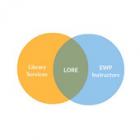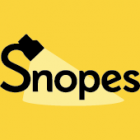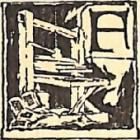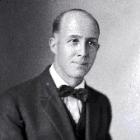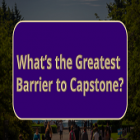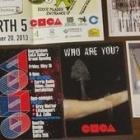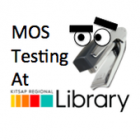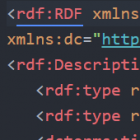
Linked Data for Physical and Digital Collections at the University of Washington
This project set out to create a linked dataset using the Resource Description Framework (RDF) data model, describing Historical Children’s Literature volumes from the University of Washington Libraries Special Collections. The dataset describes both physical items and digital surrogates accessible via UW’s CONTENTdm digital collections platform, including many volumes digitized by a 2017 MLIS capstone group. The publishing of bibliographic datasets using the RDF model has the potential to bring greater exposure to library collections as this structured data can be queried across institutional and subject-area boundaries to connect users to content in new ways.

